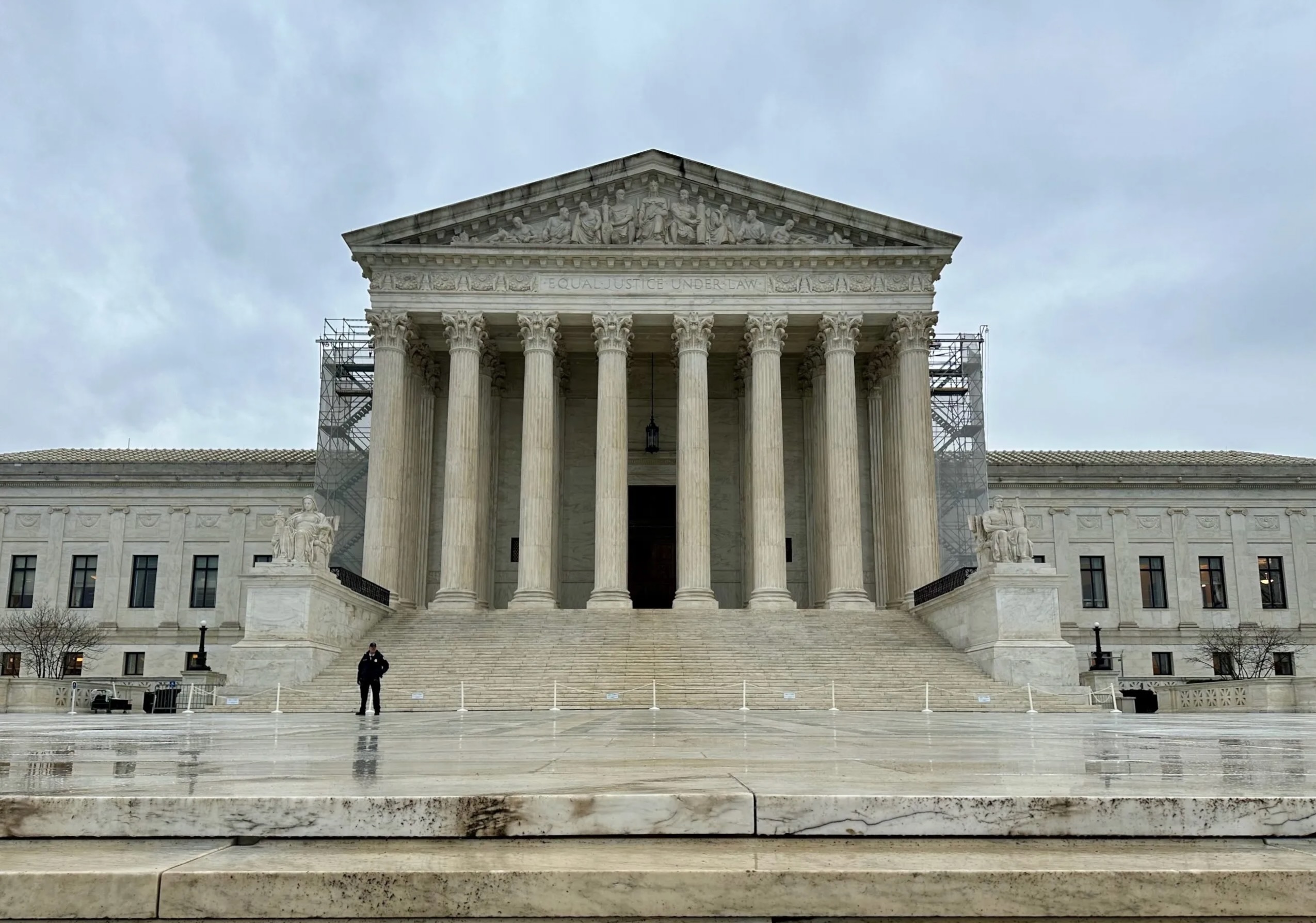The heartbeat of the law is human connection


This article is part of a series on the legacy and jurisprudence of the late Justice David Souter.
Allison Orr Larsen is the Alfred Wilson & Mary I.W. Lee Professor of Law at William & Mary Law School. She clerked for Justice David Souter from 2005 to 2006.
Clerking at the U.S. Supreme Court is an unbelievable honor and a once-in-a-lifetime job. But it starts out like any other job – with HR paperwork and getting an ID made. On my first day as a law clerk for Justice David Souter, in July 2005, I found myself lost in the labyrinth of the Supreme Court building and I had to ask a security guard for directions. When I told him who I was and what I was doing there he responded, “Oh you are lucky. Justice Souter is the best.” A similar sentiment came from the woman who helped me get my ID badge, and the man working the elevator, and the woman who gave me a tour around the Supreme Court library. It did not take me long to realize that everyone in that building knew Justice Souter and – remarkably – that he knew everyone else.
Outside of the Supreme Court, Justice Souter had a reputation for being shy and reclusive, but I found the very opposite to be true. He was certainly private and avoided the spotlight, but he easily and often connected with other people. He loved to tease his law clerks (among other things about wearing coats in the mild D.C. winters or using a tea bag only once – how decadent!), and he knew the names and the children’s names and any recent running injury of every police officer and librarian and custodial staff member who worked with him.
As I find myself reflecting these days on the lessons Justice Souter taught me, top of the list is what he once referred to as the “humane heart that the law needs to steer by.”
Volumes can be written about David Souter’s intellect: His mind could run circles around even the most renowned legal thinker, and his seemingly insatiable appetite for books only fed his brain’s capacity. To me, however, what set the man apart was the fact that he never lost sight of the law’s connection to humanity. Every issue he pondered, every fact he weighed, every move in the law he contemplated were all decided with keen appreciation for the reality that they would affect the lives of other human beings.
The justice demonstrated this to his law clerks time and time again. He worked significantly harder than we did – seven days a week, long into the evenings (at which point he would reluctantly use electricity to turn on the light). When he was considering a last-minute death row appeal, typically late at night, the justice did not want to know how the other justices had voted and whether his vote was “necessary.” To him, each decision he made was extraordinarily consequential. I never saw him make a decision flippantly. I never watched him just “go with his gut.” To his core Justice Souter was careful, researched, thoughtful, and – I use the word intentionally – judicious.
Writing about the decision-making process of one of his own judicial heroes, Learned Hand, Justice Souter wrote this: “indisposed to call the wall facing him black or white, judging with a diffidence near to fear sometimes, deciding a case only because he had no escape … The chronic evenhandedness compelled the judge to come out and say what he was really choosing between; the torment of competing reasons forced him to face the very facts that placed his principles in tension; and not just face the facts, but heft them and feel their weight until finally the needle of his mind moved off dead center.”
Justice Souter never moved the needle of his mind off center without contemplating deeply what was at stake. The same part of him that wanted to know every person’s story in the Supreme Court building also valued human stories generally. He knew that the heartbeat of the law is human connection. And he taught me – and so many others — the most important lesson a young lawyer can be taught: the value of caring for others, the wisdom in slowing down to get the law right, and the incredible power when those two forces are combined.
At the end of the day, the security guard on my first day had it exactly right: “Justice Souter is the best.”
Posted in Tributes to Justice David Souter